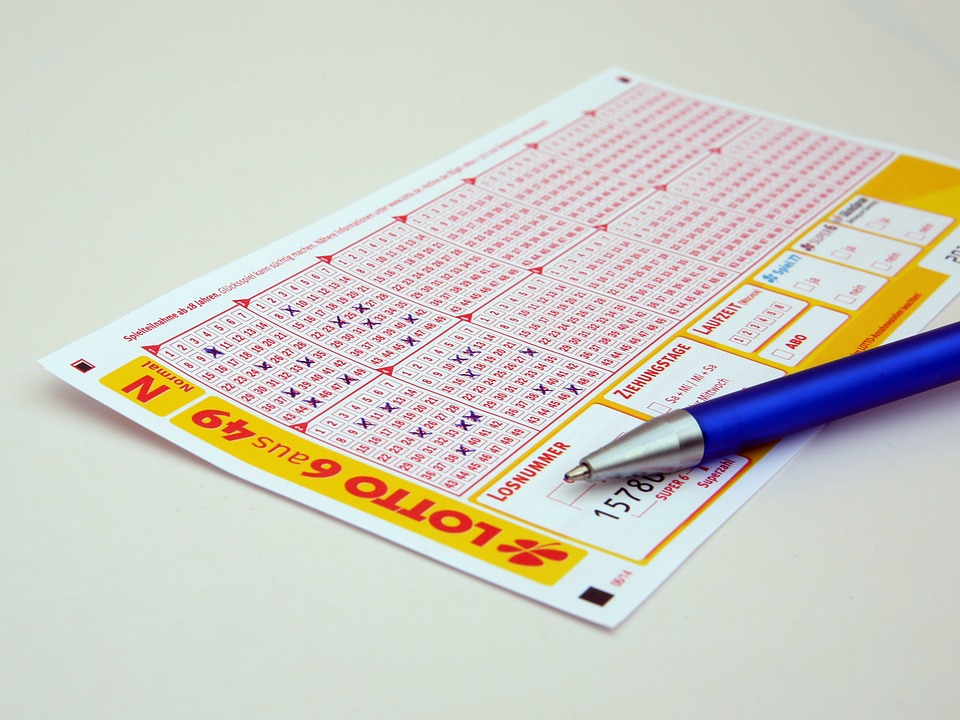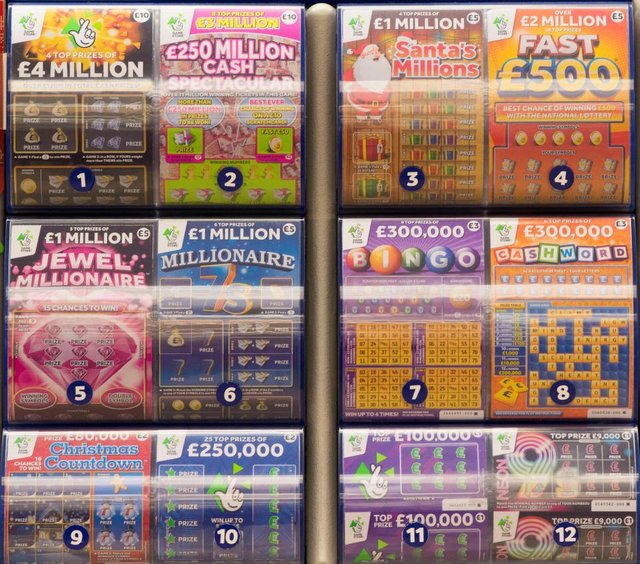From today’s perspective, it is safe to say that National Lottery has opened the Pandora’s Box. It gave birth to the jackpot craze, which lures people into the spiral of spending, promising quick and big wins. Players readily evoke images of leaving daily jobs and getting rich with barely moving a finger. Alas, these notions are nothing more than a phantasm. We must shine a spotlight on what is turning out to be the widespread plague of problem gambling and addiction.
Playing with fire
National Lottery is the main culprit behind the birth of a jackpot mentality. Its launch leveled the playing field, making gambling accessible to the general public. What is the catch here? Well, buying a ticket seems harmless and certainly not something that could get you into trouble. Besides, billions of prize money has been paid, creating more than 3,600 millionaires. Everyone started to wonder: Could I be the next winner?
Consequently, more and more would become hooked on a thrill of anticipation. Yet, that was just the beginning. For many, buying a lottery ticket and then waiting for a week did not cut it. Players decided to fill this void with fast moving events that took the gambling scene by the storm. Horse racing, sports betting, casino table games, and fixed-odds betting terminals offered a more intense experience and aggravated the gambling problem.

A wake-up call
At the same time, bookmakers and online casinos began perpetuating the grand delusion. Using vivid digital environment and capitalizing on almost universal access to the internet, they have taken the immersion of gambling to the next level. Fortunately, the scope of the problem triggered a response from those trying to understand the psychological aspect of gambling.
For instance, this Jackpot addiction research from PlayOJO is quite revealing. It shows that the roots of addiction run deep. Namely, gambling is a form of escapism. Players chase the feeling of participating in something big. They value the high and thrill more than money. They want to lift the mood and shut the problems down. It might all be fool’s errand, but for gambling addicts, it is still better than waking up and sinking into the dullness of grim reality.
You scratch my back….
Amidst the craze, scratchcards have also become a big business, the second most popular gambling product in the UK. They offer an experience different from traditional lottery: minimal waiting time between the act of purchase and the outcome (hopefully a payoff). This instant rollercoaster of highs and lows hit right home. Besides, the chances of winning are greater than with a lottery jackpot.
This product, which costs anywhere from £1 to £10 and fuel 42 different games, propelled National Lottery to reach new heights and become a £3 billion industry. It also led to more contributions to “good local causes”, a move that is sure to polish the public image. Other operators took notice and soon, the world’s largest jackpot ever has been launched. We are talking about LOTTOLAND’s £10 million bumper prize. Where does it all end, one has to ask.

Facing dire odds
The withering popularity of draw-based games has only helped increase the sales of scratchcards. Staggering jackpots are making headlines and throwing people deeper into the abyss of constant spending. Gambling is reinforced as a way to escape from problems and see a glimpse of hope. Alas, what appears disguised as a benign flutter can quickly grow into a costly addiction. Therefore, it is time to come up with a plan on how to mitigate the gambling’s dire impact on the society.
@rickofthenorth, welcome and congratulations on making your first post! I gave you a $.05 vote! If you would be so kind to give me a follow in return, that would be most kind of you!!
Downvoting a post can decrease pending rewards and make it less visible. Common reasons:
Submit